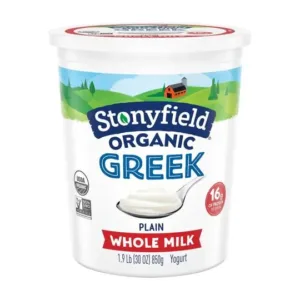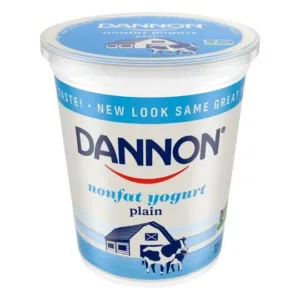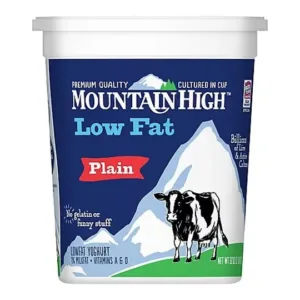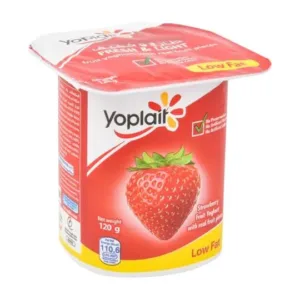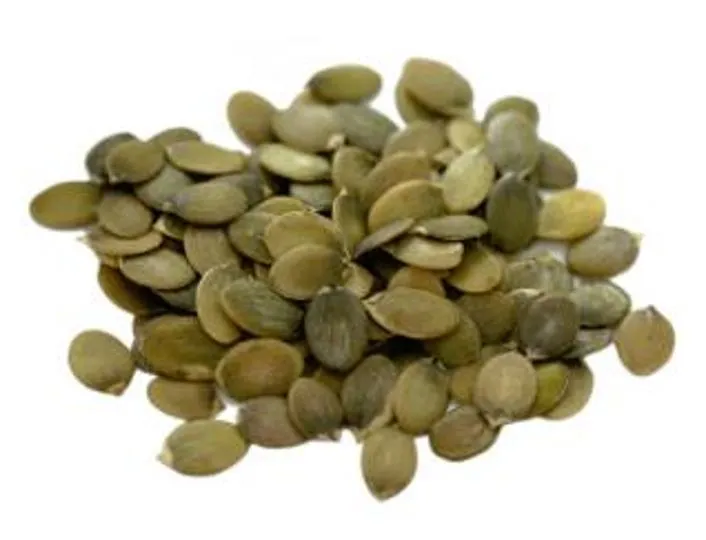
Are Pumpkin and Squash Kernels Keto-Friendly?
As the ketogenic diet continues to surge in popularity, many food enthusiasts are left guessing about their favorite snacks. Can they incorporate into the high-fat, low-carb dietary plan effectively? Today, we are plunging head-first into the world of pumpkin and squash kernels. You might recognize these delicious seeds, perfect for adding a crunchy texture to salads or simply enjoying as a stand-alone snack. But the burning question on everyone's mind: Are pumpkin and squash kernels keto-friendly?
Understanding the Keto Diet
Before we delved into the specifics of pumpkin and squash kernels, it's imperative to grasp the core principles of the ketogenic diet. This particular diet centres on high fat (comprising around 70-80% of daily caloric intake), moderate protein, and a very low carbohydrate intake (generally below 50 grams of net carbs per day). What's the objective? To shift your body into a metabolic state known as ketosis; in this state, the body burns fat as its primary fuel source instead of carbohydrates.
Nutritional InformationPer (1 oz (28.35g)):
Per 100g:
| 
Pumpkin And Squash Kernels is somewhat keto-friendly. It can be included in a keto diet in moderation. |
Jumping over to pumpkin and squash kernels – these tasty seeds are a great, nutritious snack, rich in fiber, protein and healthy fats.
When you look at the macros, one ounce of pumpkin and squash seeds contains just under 5g of total carbs, from which 1g is fiber. That lands us at 4g net carbs for a single serving. In line with our carb grid, this pinpoints pumpkin and squash kernels as somewhat keto-friendly.
Pumpkin and squash kernels aren't just about macros though. They hold a variety of micronutrients – an excellent source of magnesium, potassium and antioxidants. These seeds also contain a good amount of Vitamin E, an essential part in maintaining healthy skin and eyes.
However, their moderate carb content does mean they should be eaten in moderation on a ketogenic diet. Like every food, enjoying them in balance is the key. Despite this, their nutritional benefits and delectable taste make these kernels a worthy consideration for those on a keto journey.
